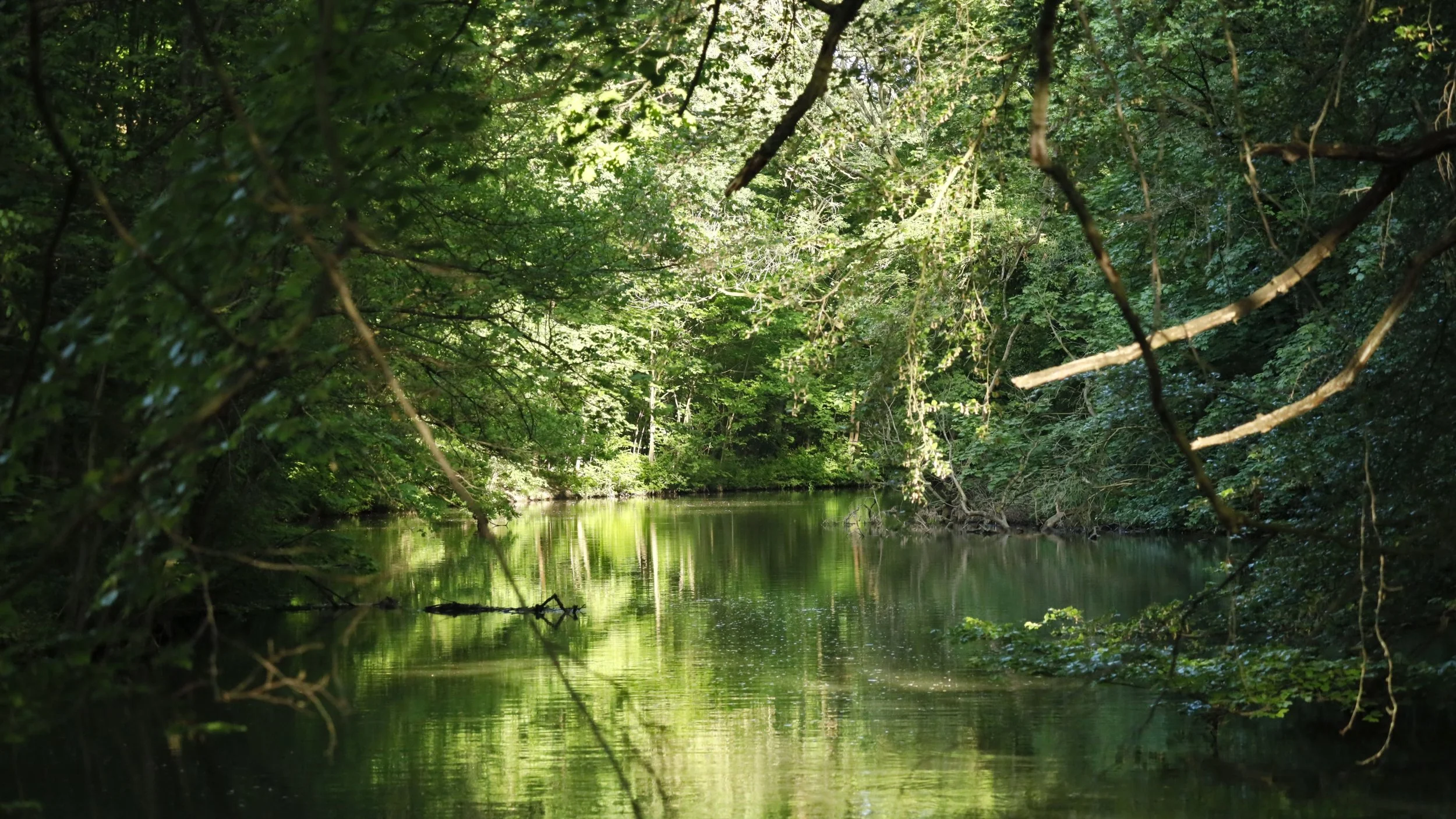What can society gain from rewilding and what are the costs?
Welfare economics is a branch of economics that considers the costs and benefits of an action or change for society. The approach doesn’t have emphasis on who will benefit from the action but consider the aggregated welfare. It can be used to calculate the trade-offs between different policies and to help create policies that maximise overall wellbeing and efficient use of resources.
As part of the wildE project, we will be working with economists to apply a welfare economics approach to rewilding.
Benefits of rewilding
In welfare economics almost any action, including rewilding, will have both costs and benefits. When working with stakeholders to identify benefits of rewilding, the most common focus is on the ecological benefit of making nature more resilient and ensuring ecological diversity.
The reintroduction of species, which then leads to other species naturally recolonising an area, is a visible and easily understood benefit of rewilding. For example, there are instances of increasing red deer populations leading to a greater number of birds of prey; this rebalancing of nature is valued and clearly illustrates nature recovering and becoming more balanced. But reintroduction of species can also lead to loss of other species which were maybe fit for a cultural landscape. This is by some people seen as a loss, by others as a gain.
In contrast, the nature-based solutions that can be generated from rewilding, such as slowing water runoff, preventing flooding or providing cooling and carbon sequestration are generally less visible when people are asked to contemplate the benefits of rewilding for society.
This is partly because, although we can infer that rewilding will provide associated benefits to humans, it is difficult to define and quantitatively prove these benefits of rewilding.
Costs of rewilding
The costs associated with rewilding often relate to space. In a world where there are many competing challenges for spatial planning, the concept of removing large areas of land and giving them over to nature can often be a prohibitive large societal cost. There is also concern about the maintenance of rewilded areas in the long term, when the pressure for land to meet human needs is likely to increase rather than decrease.
Different groups in society often view the costs of rewilding from their unique perspective: farmers can be concerned about the impact that reintroducing wolves will have on their livestock; dog walkers can be concerned about the safety of their pets from large herbivores or wolves. Rare examples of wild animals attacking people can impact perceptions locally and raise dilemmas associated not only with the costs and benefits to society but also the ethical and philosophical approach to rewilding. Should a wolf that attacks a child in a rewilded area be managed by humans or should humans be kept away from the rewilded area? How do we, as a society, deal with events such as this in a rewilded location? What responses should farmers have open to them if a wolf is found on their land and how does society consider their actions if they choose to protect their livestock? What happens if reintroduced herbivores forage a farmed crop? Should we fence off rewilded areas or do we accept that there will be an impact on adjacent land and communities? What impacts are acceptable or not in such scenarios?
Listening to different people and understanding their perspectives is essential if we hope to fully understand the costs of rewilding interventions. This understanding is needed if we want to plan and manage so as to minimize the costs.
Informing rewilding projects
Across Europe, many studies find that people want to see more biodiversity and for nature to be resilient in a changing climate. But not necessarily in your own backyard – at least not when there are negative side effects. Typically such benefits and costs, regardless of whether monetarized or not, can be achieved by asking people to consider the costs and benefits of rewilding and evaluate how such a change will shape their local area and affect their lives. Understanding how and where society values rewilding is helpful for generating knowledge on the economics of rewilding and future approaches to it. It also enables an informed debate on sharing benefits and costs and of ways to mitigate the costs.
Reviewing costs and the benefits in this way creates an opportunity to break down misconceptions or fears that people may hold. Rewilding is often associated with introducing carnivores and therefore increased risk, even when this is rarely the case. By helping people to consider rewilding more objectively and acknowledge the costs, rewilding may be perceived with more nuance, and more positivity, empowering people to consider its role and impact with more clarity.
The subject of how society values rewilding is complex and vast. We know that people value nature for its own sake and understand that society has a duty to protect and restore nature in order to develop a resilience that is currently lacking. This is a hugely important perspective from which to consider the benefits, costs and the necessary trade-offs that need to be understood in order for rewilding to play the role that it can in achieving a more sustainable and healthy state for nature and providing a response to the climate crisis.
What is the wildE project doing?
The wildE project will study the economics of rewilding at different scales: at the local scale working with communities associated with the case studies; at a wider scale using cost and benefit ratios and at the holistic scale considering different human paradigms. Spatially it will also consider different scales and apply land use modelling to understand the impact. This multi-scale and multi-dimensional approach will enable the nuances of the economics of rewilding to be considered in significant detail.
The work will benefit from the close association between the economists and ecologists which will generate new understandings and opportunities for both parties. Using carefully constructed interviews, survey and sampling techniques, the project will generate a wealth of understanding of the values and costs that European society places on rewilding.
The subject is vast, complex and fascinating and the wildE project will help to further develop the field of research, societal debates and inevitably create further questions and considerations on how society values rewilding. The outcomes of wildE will provide a foundation for longer term research on the costs and benefits of rewilding by generating a baseline understanding that can be revisited and further developed over time.
Based on an interview with Jette Bredahl Jacobsen



